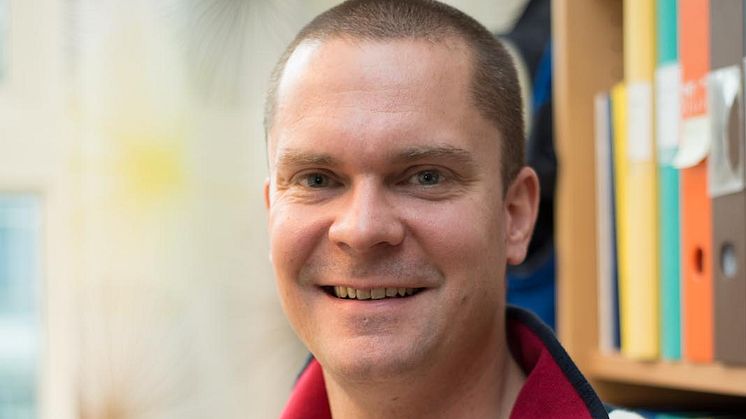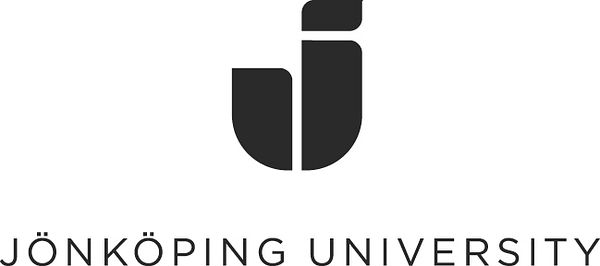
Press release -
Mutual participation may reduce uncertainty in couples living with atrial fibrillation
How does atrial fibrillation affect a couple’s partner relationship? In a new PhD thesis from the School of Health and Welfare, Jönköping University, Tomas Dalteg suggests that partners should be considered and be part of clinical caring activities and rehabilitation.
Approximately 300 000 Swedes suffer from atrial fibrillation.
”This is equivalent to about three percent of the population, making it a legitimate reason to see atrial fibrillation as a public health problem. Especially as the disease also affects the patient’s next of kin”, says Tomas Dalteg.
”Atrial fibrillation is a tricky disease. Many patients experience it as unpredictable, in behaviour as well as in causation. Atrial fibrillation also tends to behave differently from one individual to another. Therefore, many patients with atrial fibrillation feel they have less ‘control’ over the disease, compared to other cardiovascular diseases.”
As a consequence, the uncertainty linked to atrial fibrillation affects the relationship between the patient and the partner. Tomas Dalteg’s study includes interviews and surveys with more than a hundred couples in which one of the spouses are afflicted with atrial fibrillation. The results suggest that the disease has major impact on the relationship and every day life. For example, the couple’s communication is affected, which might lead to increased unease and uncertainty.
”There is often a fear that sharing feelings and thoughts could have a negative effect on the other spouse. The couples find it hard to plan things in advance and they often have to give up, or limit, some of their leisure activities.”
The feedback from participants has been positive.
”Many of them said that this was the first time anyone had actually asked about how the relationship had been affected or about the well-being of their partner. I think, maybe we are so focused on the medical treatment that we tend to forget everyday life?”, asks Tomas Dalteg, suggesting that the partner should be considered as a resource and be part of clinical caring activities and rehabilitation.
”If both members of the couple have access to the information, it may eliminate much of the uncertainty surrounding atrial fibrillation, the medical treatment and their relationship.”
Tomas Dalteg successfully defended his thesis ”Partner Relationship in Couples Living with Atrial Fibrillation”at the School of Health and Welfare, Jönköping University, on Friday 16th December. Tomas Dalteg can be reached by phone +46 707-232359.
Related links
Topics
Categories
Jönköping University Foundation is one of three independent institutions of higher education in Sweden offering postgraduate programmes. It is characterised by focused profiles, internationalisation, an entrepreneurial spirit and collaboration with surrounding society. Research and education are carried out at four schools: Jönköping International Business School, School of Education and Communication, School of Engineering and School of Health and Welfare. Jönköping University has some 10,000 registered students, 725 employees and a turnover of approximately SEK 800 million.
